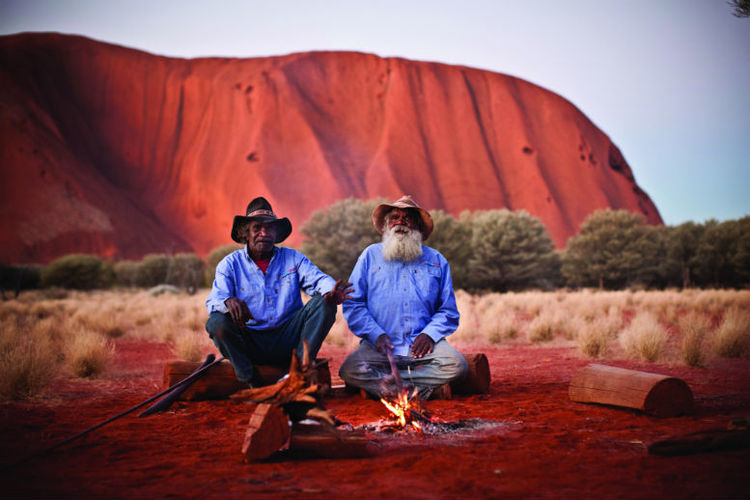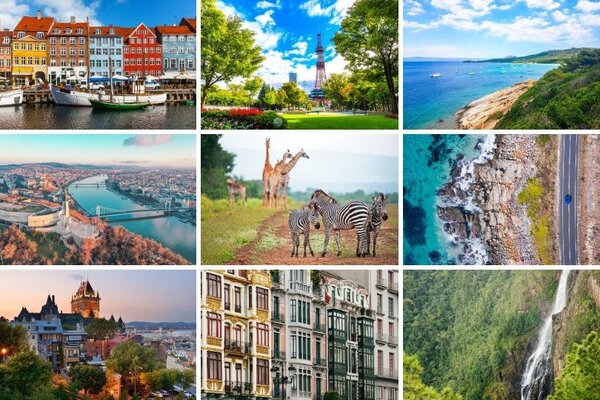Climbing Uluru to be banned
 Tom Parry
Tom ParryTourists are to be banned from climbing on Australia’s Uluru landmark from October 2019, local authorities have confirmed.
The board of the Uluru-Kata Tjuta National Park voted unanimously to end the climb because of indigenous sensitivities.
The Northern Territory landmark is a sacred site for Aboriginal Australians.
Signs at the start of the climb ask people to abstain from going up in respect to the traditional law of the Anangu Aboriginal people, who are the custodians of the land.
Locals have long asked visitors not to climb the outcrop, which was known for many years as Ayers Rock, BBC News reports.
Uluru-Kata Tjuta National Park board member Sammy Wilson told the BBC: “It is an extremely important place, not a playground or theme park like Disneyland.
“If I travel to another country and there is a sacred site, an area of restricted access, I don’t enter or climb it, I respect it.”
He said the Anangu people had felt intimidation over the years to keep the climb open because of its popularity as a tourist hotspot.
However, the group had consistently wanted to close the site, a sacred men’s area, because of its cultural significance.
“Closing the climb is not something to feel upset about but a cause for celebration.
Let’s come together; let’s close it together,” he said.
According to data collected by the Uluru-Kata Tjuta National Park board, only 16% of visitors made the climb between 2011 and 2015.
The ban will begin on October, 26, 2019 – the 34th anniversary of the handover.
Tourism Central Australia said it supported the decision, pointing out that the public could still access much of the site respectfully.
Sign up for weekday travel news and analysis straight to your inbox

Tom Parry
Supplier Directory
Find contacts for 260+ travel suppliers. Type name, company or destination.














